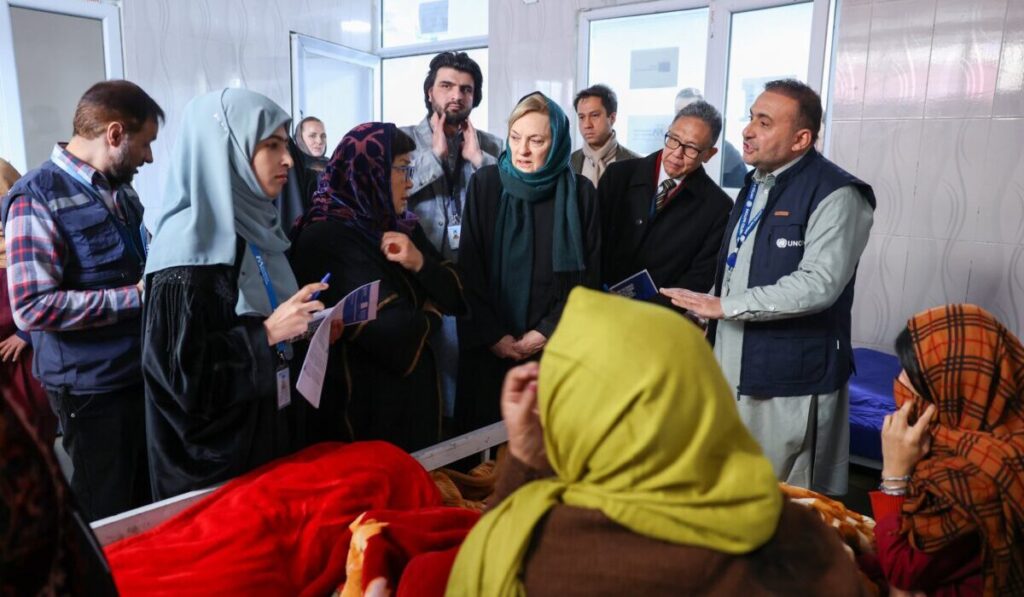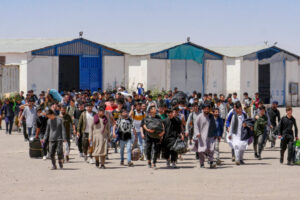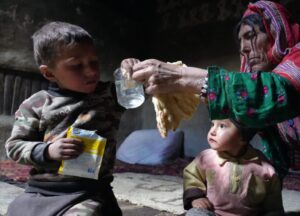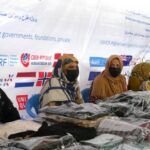The World Health Organization has announced that decades of war and instability in Afghanistan have exposed many citizens to mental health issues such as anxiety, depression, and post-traumatic stress disorder.
In a report, the organization stated that these mental health problems have exacerbated the widespread drug crisis in the country, which now affects one in three families.
The report mentioned that Rosa Otunbayeva, head of the United Nations Assistance Mission in Afghanistan (UNAMA), along with Lisa M. Butenheim, Assistant Secretary-General for Support Operations, and representatives from the World Health Organization and the United Nations Office on Drugs and Crime, visited a treatment and rehabilitation center for women and children in Kabul.
This center, which operates with financial support from the European Union, provides comprehensive medical and educational services to women and children affected by substance abuse.
After the visit, Ms. Otunbayeva stated, “I am deeply inspired by the resilience of the women and children here. This center is a symbol of the power of hope and international cooperation that gives these individuals a chance for recovery and a better future.”
She emphasized the vital role of international support in addressing the drug crisis in Afghanistan.

Achievements and Challenges
The report indicated that in 2024, the center had accepted 640 women and children, provided treatment for 602 individuals, and followed up with over 900 others.
The report noted that in the women’s section, educational programs such as sewing and vocational training are being implemented to help women acquire self-sufficiency skills during their recovery process.
According to the report, over the past two years, these organizations have provided medical and educational services to more than 170,000 people, with 87,558 individuals participating in awareness programs.
Recently, the United Nations Office on Drugs and Crime announced that opium production in Afghanistan increased by 30 percent in 2024 compared to the previous year.
According to this office’s statistics, despite a directive from the Taliban leader, 433 tons of opium were produced in Afghanistan this year.













